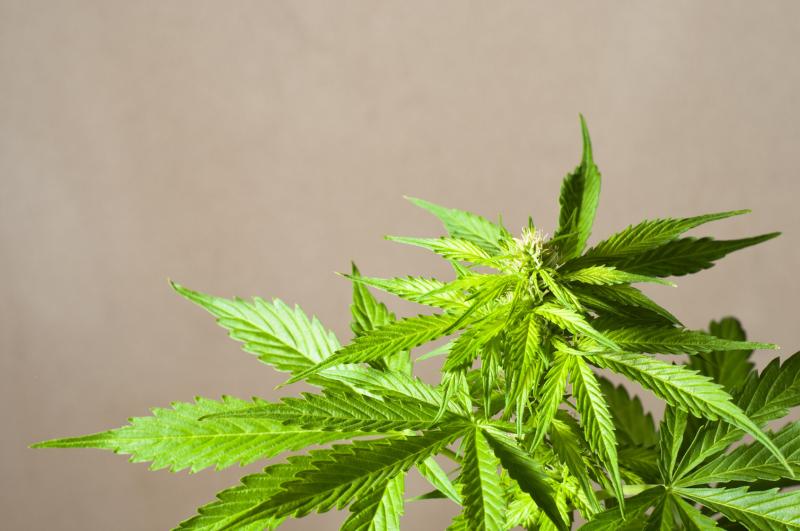
Several pharmacologic interventions, including cannabinoids and selective serotonin reuptake inhibitors (SSRIs), do not appear to be effective in the treatment of cannabis use disorder (CUD), a study has shown.
The investigators searched Medline, PsychINFO, Cochrane Database of Systematic Reviews and clinical trial registries from inception through September 2019 for pharmacotherapy trials of adults or adolescents with CUD targeting cannabis abstinence or reduction, treatment retention, withdrawal symptoms, and other outcomes.
An investigator abstracted and another confirmed the data. Quality of studies was dually assessed. A consensus determined the strength of evidence (SOE) based on standard criteria.
Evidence was “largely insufficient” across 26 trials that met the eligibility criteria. Low-strength evidence showed that SSRIs neither reduce cannabis use nor improve treatment retention. Low-to-moderate–strength evidence suggested that buspirone do not improve outcomes and that cannabinoids do not increase abstinence rates (moderate SOE), reduce cannabis use (low SOE) or increase treatment retention (low SOE).
No consistent evidence of increased harm was found across all drug studies.
“Because of increasing access to and use of cannabis in the general population, along with a high prevalence of CUD among current cannabis users, an urgent need exists for more research to identify effective pharmacologic treatments,” the investigators said.
This systematic review had certain limitations. First, few drug trials had rigorous methodology. Second, existing trials had small sample sizes, high attrition rates, and heterogeneity of concurrent interventions and outcomes assessment.
“CUD is a growing concern, and evidence-based data are needed to inform treatment options,” the investigators noted.